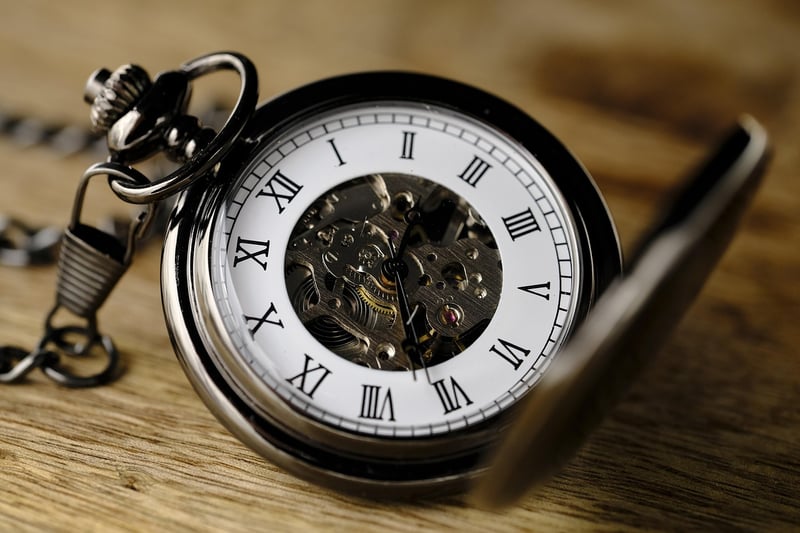Grandfather Paradox
Dive into Complex Concepts: The Grandfather Paradox
Exploring the intricacies of time travel often leads us to one of the most fascinating paradoxes - the Grandfather Paradox. This thought experiment delves into the complexities of changing the past and the potential consequences it may have on the future. Let's unravel this enigmatic concept together.
Understanding the Grandfather Paradox
The Grandfather Paradox poses a hypothetical situation where a time traveler goes back in time and prevents their grandfather from meeting their grandmother. As a result, the time traveler's existence becomes impossible, leading to a paradoxical loop. If the time traveler was never born, how could they go back in time to alter the past?
The Conundrum of Causality
This paradox challenges the fundamental principles of causality, raising questions about the nature of time and its immutable properties. Can the past be changed, or are events predetermined in a causal chain that cannot be altered?
Philosophical Implications
Delving into the Grandfather Paradox opens a philosophical Pandora's box, touching on free will, determinism, and the concept of a fixed timeline. It provokes contemplation on the nature of choice and the repercussions of altering past events.
Time Travel Theories
Various theories have been proposed to address the Grandfather Paradox, including the idea of parallel universes, where altering the past creates a new timeline diverging from the original one. Alternatively, some suggest that time travel is inherently impossible due to the paradoxes it presents.
Conclusion
The Grandfather Paradox serves as a captivating entry point into the realm of time travel and the complexities of temporal mechanics. While it may remain a thought experiment, its implications continue to captivate the minds of scientists, philosophers, and science fiction enthusiasts alike.

Explore the depths of the Grandfather Paradox and unlock the mysteries of time and causality.
Learn more about the Grandfather Paradox